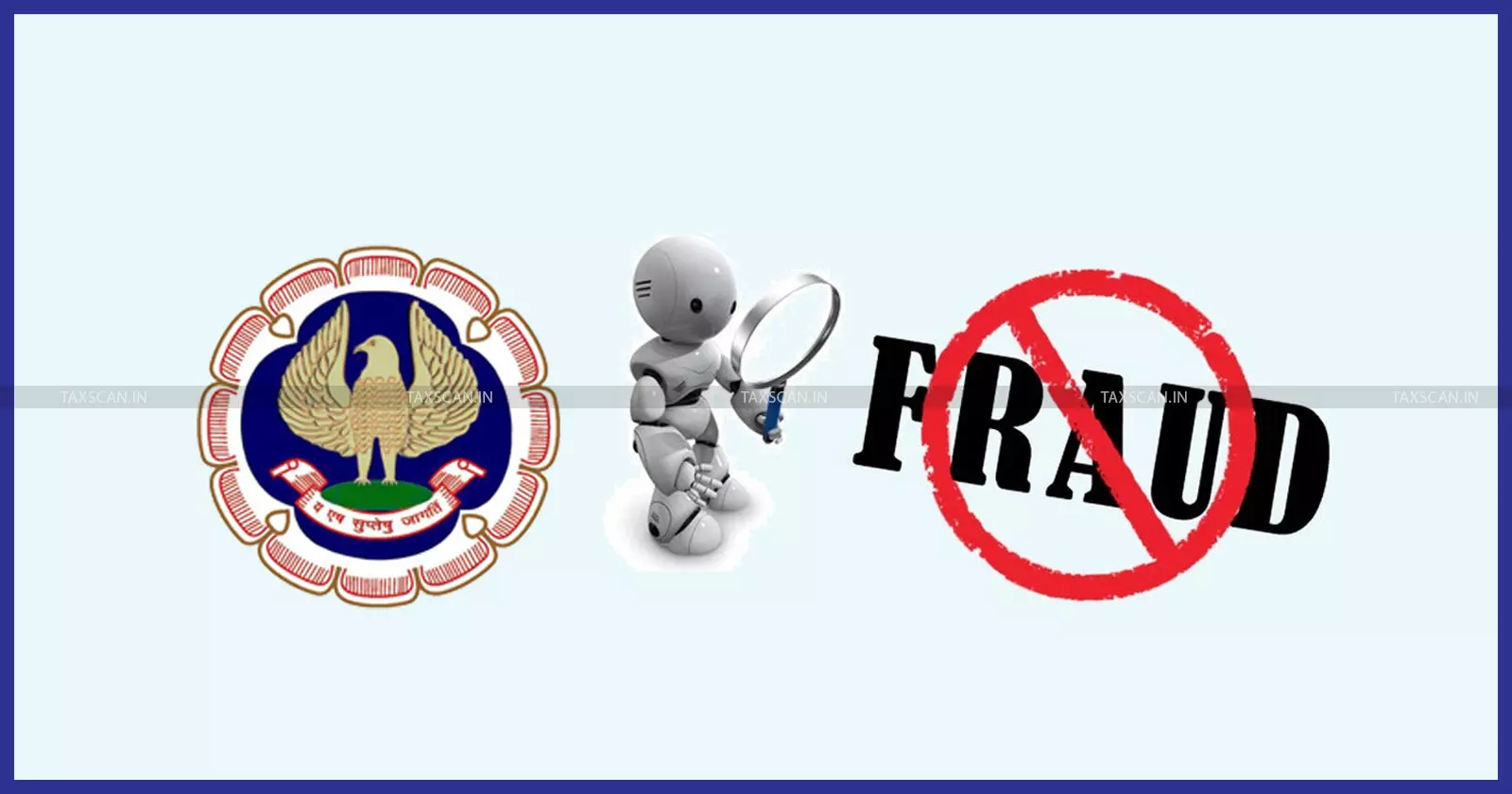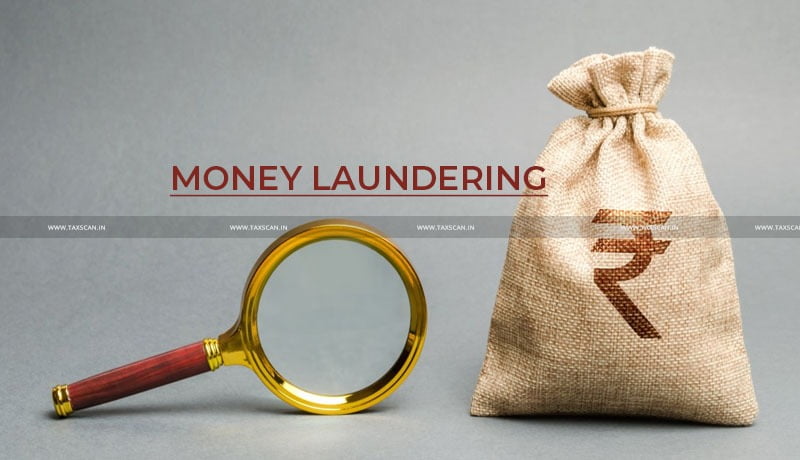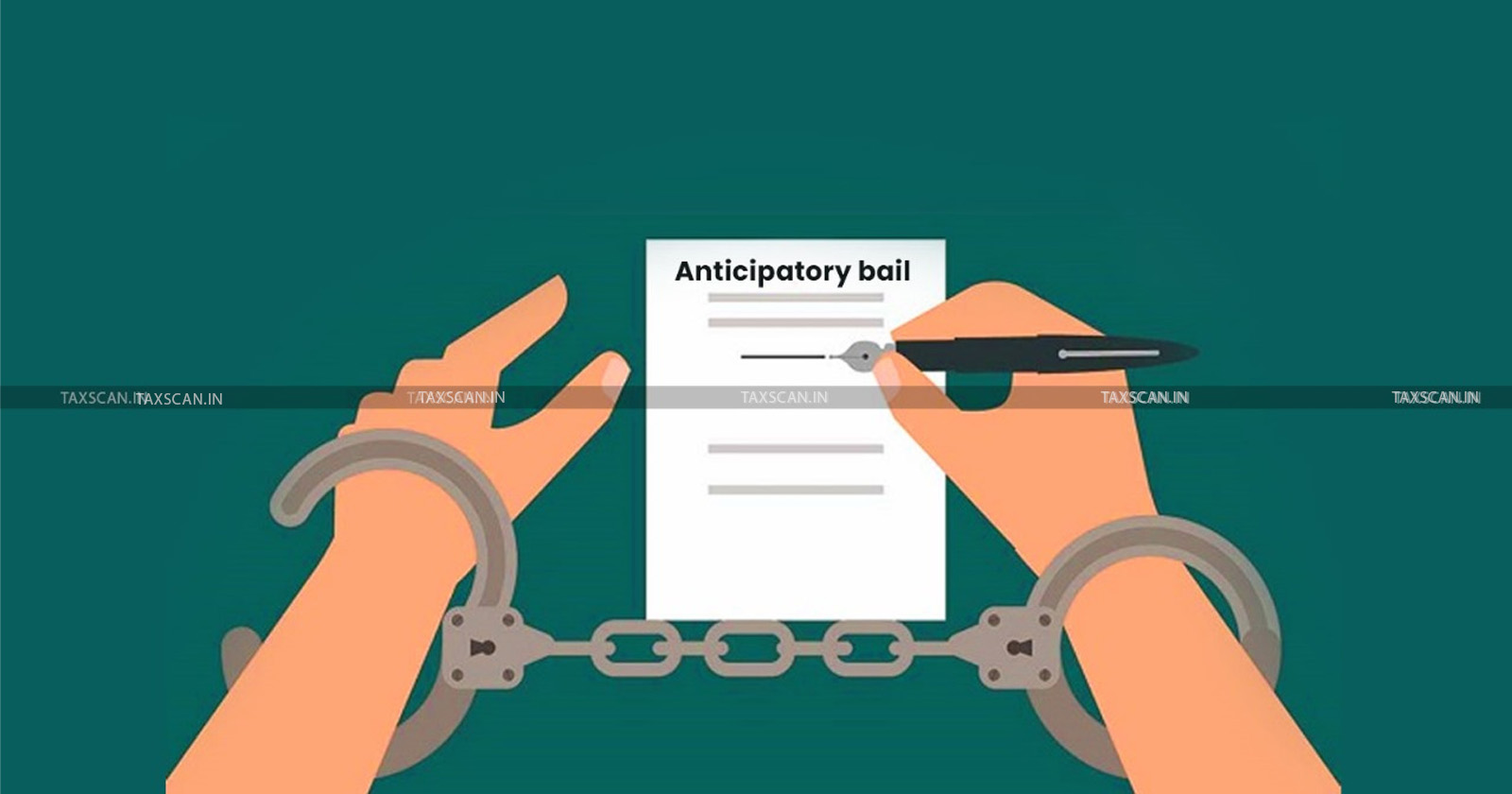ICAI Collaborates with Regulators to Develop Early Warning Mechanism for Fraud Detection
ICAI has also introduced new guidelines, limiting the number of tax audits a partner at an accounting firm can handle to a maximum of 60 per year

The Institute of Chartered Accountants of India (ICAI) is collaborating with multiple regulators to set up an early warning mechanism aimed at detecting potential scams and financial frauds before they occur, with an initial focus on listed companies.
ICAI president Charanjot Singh Nanda said on Wednesday (August 27 ) that discussions are underway with key stakeholders, including Securities and Exchange Board of India ( SEBI ), National Stock Exchange ( NSE ), Bombay Stock Exchange ( BSE ), the Intelligence Bureau ( IB ), and the Reserve Bank of India ( RBI ), to implement the initiative. The move comes in the wake of several recent cases of auditor lapses and financial irregularities, including issues linked to IndusInd Bank and Gensol.
Stay Ahead with Expert Tax Insights – 2025 Edition - Click here
In a separate development, ICAI has also introduced new guidelines, limiting the number of tax audits a partner at an accounting firm can handle to a maximum of 60 per year as reported by the Times of India.
 Also Read:Calcutta HC Upholds ED Probe on Immovable Property Mortgaged against More than 1 Cr share Transaction as amounts to crime of Money Laundering Offence [Read Order]
Also Read:Calcutta HC Upholds ED Probe on Immovable Property Mortgaged against More than 1 Cr share Transaction as amounts to crime of Money Laundering Offence [Read Order]
The SEBI issued a circular on December 17,2018, introducing an Early warning mechanism to detect and prevent the diversion of clients securities by stock brokers.The framework required Stock Exchanges,Depositories and Clearing Corporations to share information and take preventive measures.
 Also Read:Recovery of 80 Litre Illicit Country made Liquor from Scooter: Patna HC Grants Anticipatory Bail for Offence U/s 30(a) & 37(b)(c) of Bihar Prohibition and Excise Act [Read Order]
Also Read:Recovery of 80 Litre Illicit Country made Liquor from Scooter: Patna HC Grants Anticipatory Bail for Offence U/s 30(a) & 37(b)(c) of Bihar Prohibition and Excise Act [Read Order]
Key triggers included deterioration in brokers financial health, unusual pledge transactions,rising investor complaints, non-cooperation during inspections and alerts from Risk Based Supervision reports. The mechanism also monitored mismatches in securities pay-in and pay-out, diversion of payouts to non-client accounts and unauthorized transfers. The circular mandated coordinated detection, reporting, and preventive action among market intermediaries, effective February 1, 2019.
Support our journalism by subscribing to Taxscan premium. Follow us on Telegram for quick updates


